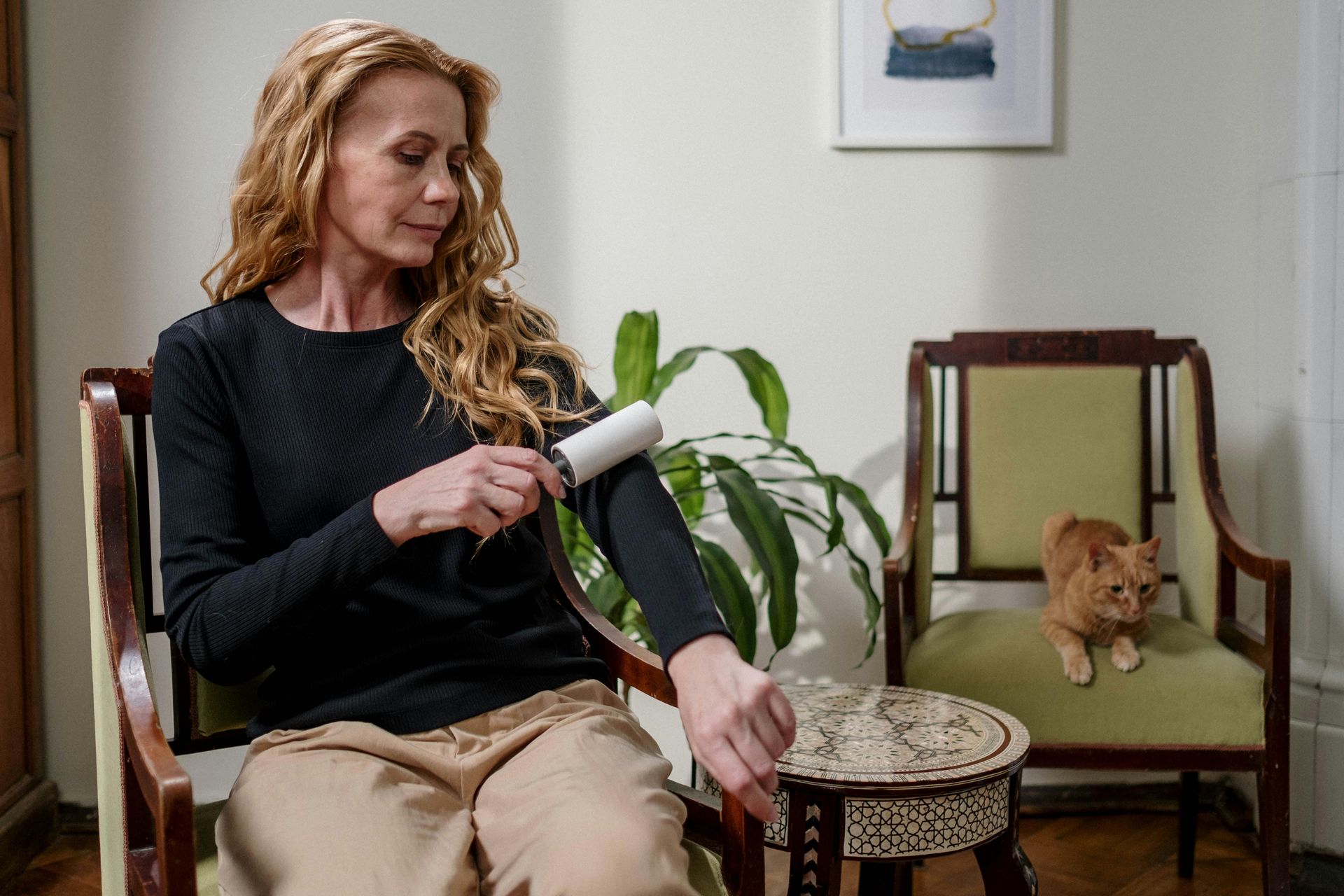By Rajneel Sharma
•
April 29, 2025
Finding Focus and Calm: The Benefits of Neurofeedback for Adult ADHD Do you ever feel like your brain is a browser with too many tabs open? If you're an adult juggling the daily challenges of ADHD, you might know precisely what I mean. Neurofeedback for ADHD. Let's discuss how this works and how Neurofeedback for ADHD can make life smoother. Understanding ADHD: It's More Than Just Fidgeting So, what exactly is ADHD? It stands for Attention-Deficit/Hyperactivity Disorder, and it's a neurodevelopmental condition. This means it affects how the brain grows and works. For many folks, ADHD shows up in childhood, but plenty of adults live with it, too, sometimes without even realizing it for years. The main features of ADHD usually include difficulties with attention, hyperactivity (feeling restless or constantly on the go), and impulsivity (acting without thinking things through). Now, these aren't just occasional moments of distraction or energy; for someone with ADHD, these can be persistent and significantly impact daily life. How ADHD Can Impact Your Quality of Life Living with untreated ADHD as an adult can feel challenging. Think about it: trouble focusing at work could lead to missed deadlines or feeling like you're not reaching your potential. Difficulty with organization can turn simple tasks into overwhelming mountains. Remember appointments? Paying bills on time? These everyday things can become significant sources of stress. Sleep patterns may be disrupted, leaving you feeling constantly tired, even after a full night's sleep. Relationships can be strained because of forgetfulness, interrupting, or difficulty following through on commitments. Emotionally, it can be a rollercoaster, with feelings of frustration, guilt, or even anxiety and depression popping up. It's not just about being disorganized; it's about how these challenges seep into every corner of your life and can take a toll on your overall well-being. The daily struggle can be pretty significant. What If There Was a Way to Train Your Brain? Enter: Neurofeedback for ADHD What if you could train your brain to function more effectively? That's essentially what Neurofeedback for ADHD aims to do. It's a type of biofeedback that directly monitors your brain activity in real time. During a Neurofeedback for ADHD session, sensors are placed on your scalp. These sensors are safe and non-invasive – they just read the electrical activity your brain naturally produces. This activity is then displayed on a computer screen, often as a game or a video. The cool part is that you learn to influence your brainwave patterns as you engage with the feedback. For example, suppose the goal is to improve focus; in that case, the input might reward you (e.g., the game gets easier, the video becomes clearer) when your brain shows more of the brainwave activity associated with attention and fewer patterns linked to distraction. Over time, with consistent Neurofeedback for ADHD training, your brain naturally starts to become more focused and exhibit regulated patterns more naturally, even when you're not in a session. Beyond ADHD: What Else Can Neurofeedback Help With? While we're super excited about Neurofeedback for ADHD , it's worth noting that this approach may also be helpful for other conditions. Some studies and clinical experiences suggest that neurofeedback can be beneficial for things like anxiety, sleep difficulties, and even stress management. It's all about identifying those less-than-optimal brainwave patterns and gently guiding the brain toward more balanced activity. How Neurofeedback for ADHD Applies Specifically to Adults While the core challenges of ADHD – attention, hyperactivity, and impulsivity – remain, how they manifest in adults can be a bit different. For instance, hyperactivity might look less like running around and more like constant mental restlessness or difficulty relaxing. Neurofeedback for ADHD for adults focuses on helping you gain better control over your attention, reduce impulsivity in decision-making and speech, and manage that internal sense of being overwhelmed. It's about building stronger neural pathways associated with focus and self-regulation. Real Improvements in Quality of Life Through Neurofeedback for ADHD So, how can Neurofeedback for ADHD improve the quality of life for adults? The potential benefits are pretty encouraging: Better Focus and Concentration : Imagine sitting down and concentrating on a task, and your mind wanders less often. Reduced Impulsivity : Think about when you've blurted something out or made a snap decision you later regretted. Neurofeedback for ADHD may help you develop more control over these impulsive tendencies. Improved Organization and Planning : Managing daily tasks and planning can become less of a struggle as your focus improves. Better Emotional Regulation : Learning to regulate brain activity can also positively impact emotion management, potentially leading to fewer intense highs and lows. Enhanced Sleep : By promoting more relaxed brainwave patterns, Neurofeedback for ADHD could contribute to more restful and restorative sleep. Increased Sense of Calm and Well-being : As you gain more control over your attention and impulsivity, you may experience a greater sense of calm, confidence, and overall well-being. It's important to remember that Neurofeedback for ADHD isn't a magic bullet, and results can vary from person to person. It typically involves a series of consistent sessions over time to see significant improvements. However, for many adults with ADHD, it can be a powerful and empowering way to take an active role in improving their brain function and, consequently, their quality of life. We at Neuropotential Clinics are genuinely excited about the potential of Neurofeedback for ADHD to help adults like you. If you're tired of feeling like your brain is working against you and are curious to explore how Neurofeedback for ADHD could make a positive difference, we'd love to chat with you. Why not take that first step towards potentially feeling more focused, more in control, and more like your best self? For the best Neurofeedback clinic , book a call with us today! We're here to support you on your journey to reaching your brain's full potential!











